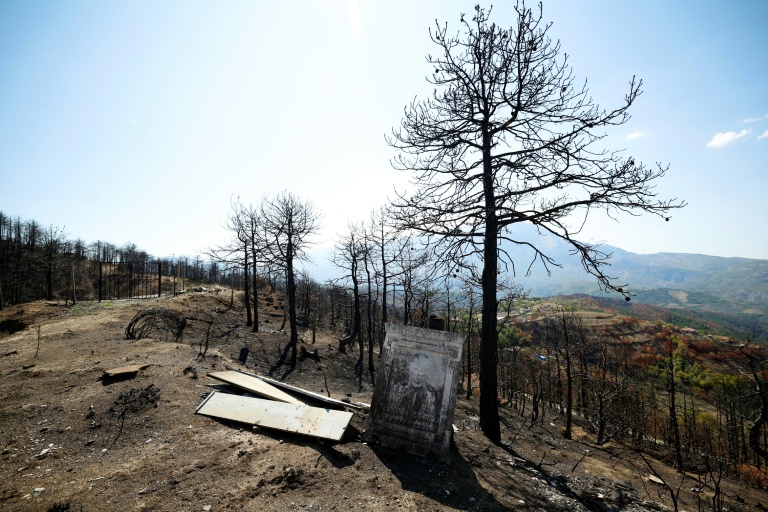Home / Environment / Albania Races to Revive Forests After Devastating Wildfires
Albania Races to Revive Forests After Devastating Wildfires
11 Oct, 2025
Summary
- Nearly 60,000 hectares of Albania's forests burned in 2022
- Locals mourn loss of childhood pine forests, warn of flood risks
- Albania plans to ban construction, increase penalties for arsonists

As Albania recovers from a summer of devastating wildfires in 2022, the country faces a daunting challenge to restore its shrinking forests and protect against future climate-driven disasters.
The blazes, which swept across parts of southern Europe earlier this year, burned nearly 60,000 hectares (around 150,000 acres) - or 2% of Albania's total landmass. The toll was heavy, claiming one life, destroying dozens of homes, and reducing vital forests to ash.
Now, locals and experts are grappling with the long-term consequences. "Forests are very important, and they need time to regenerate," says Armand Kisha, whose carpentry workshop and home were destroyed by the fires. Kisha mourns the loss of the pine forest that had surrounded him since childhood, lamenting, "We won't see green pines here like before. It's a catastrophe."




